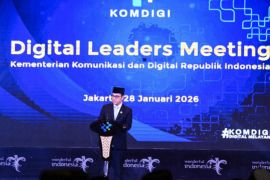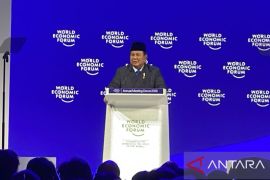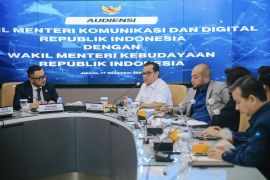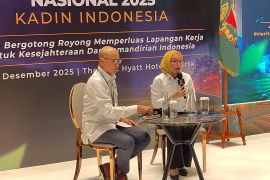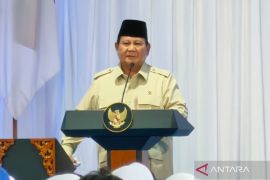As a country that has benefited from digitalization during the pandemic, digital economy innovation needs to be supported by sufficient regulationsJakarta (ANTARA) - Indonesia must use its G20 leadership to accelerate digital transformation to bring about a positive impact in the form of a more inclusive digital economy, the Center for Indonesian Policy Studies (CIPS) has said.
"The G20 Presidency must accelerate Indonesia's domestic policies related to digital transformation by accelerating the discussion on the (ratification of the) Personal Data Protection Bill into law and implementing the co-regulation process," CIPS researcher Pingkan Audrine Kosijungan said here on Friday.
The rapid development of the digital economy in Indonesia has contributed to the extensive use of electronic means to distribute, store, and utilize personal data of domestic users of digital facilities and applications, she noted.
Meanwhile, the massive data leakage cases that occurred nationally have sparked confusion with regards to the parties who manage and are responsible for this data, thus the Personal Data Protection Bill could become the solution to that issue, she said.
"As a country that has benefited from digitalization during the pandemic, digital economy innovation needs to be supported by sufficient regulations," she added.
A collaborative or co-regulation approach would encourage the digital economy to develop in a more innovative, inclusive, and secure direction, by involving various stakeholders in the process of policy formulation, implementation, and monitoring, she said.
Related news: Inclusive digital transformation pursued under RI's G20 Presidency
CIPS has recommended an approach that would not only involve a dialogue between public and private stakeholders, but also assign responsibilities to non-governmental agencies, Kosijungan added.
The government has outlined seven issues that will be discussed at the Finance Track meeting, and four of them are related to digitization, she noted.
The points cover mechanisms for protecting developing countries from spillover effects, as well as ways to increase efficiency and productivity, which gear economic growth towards a green economy, she said.
They also include the principles of digital currency, secure cross-border payments and transactions, and the expansion of financial inclusion through the digital economy and digital taxation, she added.
Related news: National Press Day: President urges to design press industry ecosystem
Translator: Astrid F H, Mecca Yumna
Editor: Rahmad Nasution
Copyright © ANTARA 2022

